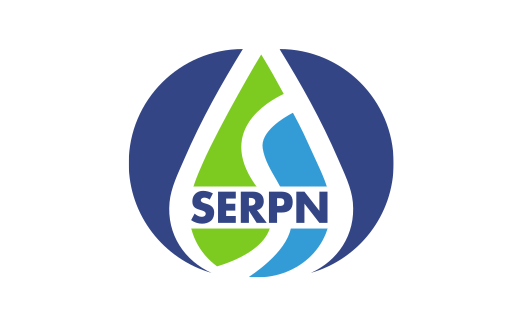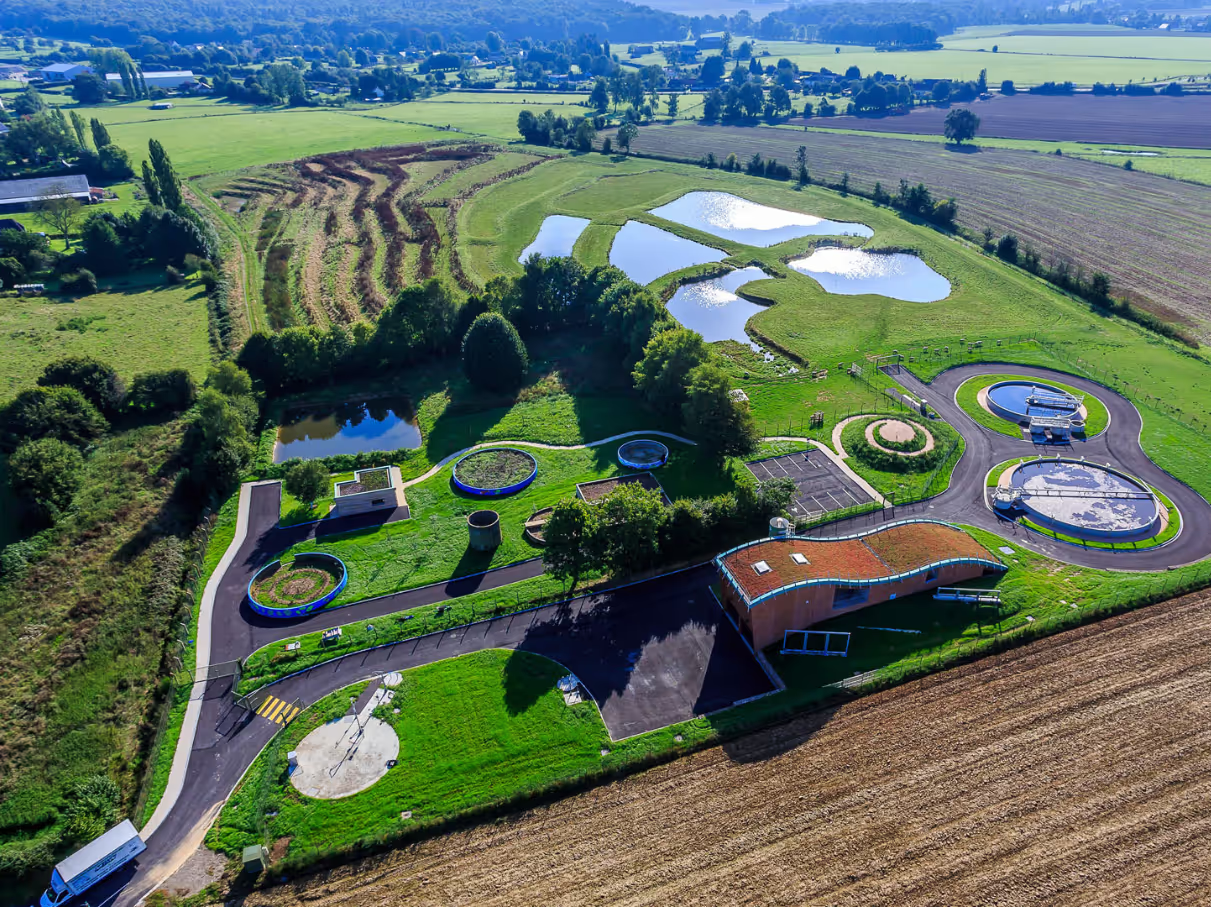A rural territory facing an urgent health challenge
In the Eure department, the Roumois and Plateau du Neubourg Water Syndicate (SERPN) supplies drinking water to nearly 95 rural municipalities, covering 1,502 km of network.
When vinyl chloride monomer (VCM) was detected in several aging PVC pipes, the authority faced a major health and financial challenge: securing the network, prioritizing pipe replacements, and justifying every investment decision to elected officials and residents.
At the same time, the syndicate wanted to improve network performance by reducing water losses through leak detection — with an objective of reducing losses by 40% using Sprint.
A data-driven renovation strategy
To address this urgent situation, the SERPN chose to rely on TWIN, Leakmited’s digital twin.
The tool combines objective technical criteria — age, material, break history, health risks, and coordination opportunities — to identify and prioritize interventions.
While a traditional master plan provides a snapshot in time, TWIN offers a dynamic view of the network, updating priorities as new data and field insights emerge.
“A master plan is a tool for a specific moment, but things evolve quickly on the ground. With TWIN, we were able to combine our VCM-related challenges with the risk of pipe failures to prioritize our investments more effectively.”
— Céline Leroux, Deputy General Director
To refine its analysis, a specific criterion — the “contact time” of water in PVC pipes — was integrated into TWIN.
This parameter makes it possible to assess the risk of VCM migration, particularly in pipes installed before the 1980s, when PVC manufacturing processes could still leave traces of residual monomer.
By cross-referencing contact time with water quality analyses and network characteristics, the SERPN can now rank sanitary priorities more precisely and justify its investment decisions more easily to elected officials.
Improving network performance and strengthening trust among officials
Thanks to this approach, the syndicate has been able to streamline its investments and increase the transparency of its decisions.
Elected officials now have a clear, data-driven view of priorities for each municipality.
Communication with residents has also improved: decisions are better understood and accepted, as they are based on objective criteria and a shared commitment to ensuring long-term water quality and safety.
By combining leak detection through SPRINT with asset planning using TWIN, the SERPN is strengthening the overall resilience of its territory.
This integrated approach helps target replacements more effectively, gradually improve network performance — currently at 74% efficiency — and sustain an annual renewal rate of 0.55%.
A human-centered partnership
Leakmited supported the syndicate’s teams in getting started with TWIN and interpreting the results.
Regular workshops helped translate technical data into concrete action plans, tailored to the local specificities of the network.
This hands-on support has strengthened the team’s skills: staff now use the digital twin autonomously to manage the network and communicate more effectively with elected officials.











![[Sicoval] Sicoval in an urban area](https://cdn.prod.website-files.com/67fd093c8c3362277a6ee984/683483b3f555590fee698d1c_6834835dabb3143b9e1d7c6d_Design%20sans%20titre%20(17).avif)
